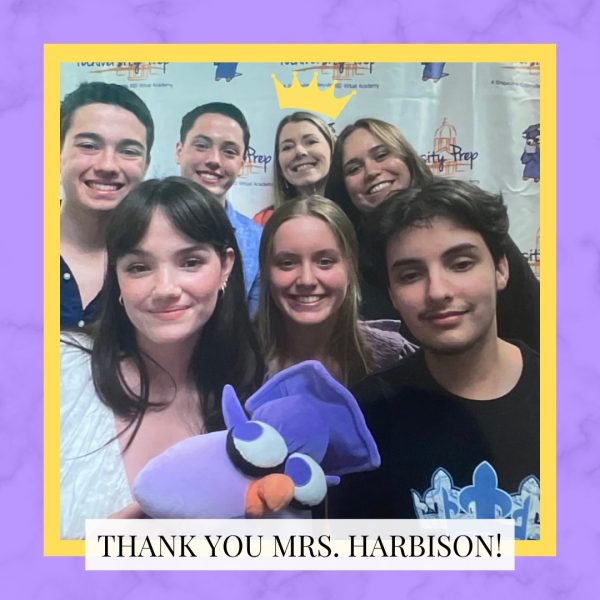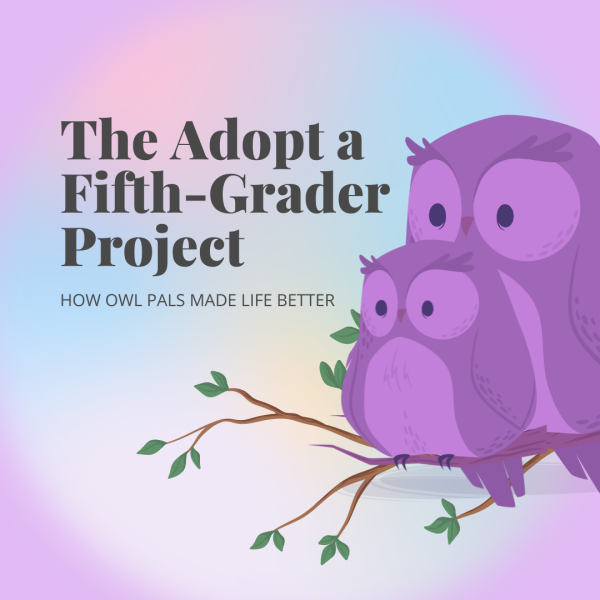VINCENT THE VICTOR
Interviewing the STUCO president to learn the true meaning of victory
What It Takes
“Victory is always possible for the person who refuses to stop fighting.”
When we see quotes like this one by Napoleon Hill, we often appreciate it, are inspired for a moment, then go on with our lives— ultimately not very moved. To be honest, it’s never enough to make us change. It’s just a standard quote, one that’s supposed to strike some kind of chord in our heart, but at the end the note goes flat.
However this past fall, Vincent Yang won as student council president and after seeing his election video, I was inspired in a way a quote couldn’t inspire me. His achievements pushed me to reach out to him and discover what kind of person he was.
What I found beneath the surface was a complex and kind senior, and with something deeper. A drive. And today, I want to explore what it means to be exceptional, what pressure feels like and most importantly:
What it takes to be truly victorious.
Origin
All the successful people in history have an origin story.
And though Vincent may not be like Issac Newton or Martin Luther King Jr. yet, he does have a story of how he got here. As a kid, Vincent loved discovering little pieces of himself, so he started a long journey sifting through the sheets of piano music, lifting rocks to investigate bugs, and finding his love of scientific inventions.
His drive was insatiable and Vincent often jumped from hobby to hobby, devouring one then moving onto the next. These all became parts to his incredible resume of creating scientific prototypes, playing piano for thirteen years, teaching people his skills, winning awards for his work and even founding a financially sponsored project to assist students.
And when Vincent transferred to iUP after the COVID-19 outbreak, he didn’t plan on stopping. He saw that our school wasn’t as connected as he liked (speaking from his personal experience), so he founded the student council to be the answer to his problem. He wanted students to be involved, feel like they were part of a community and that image of connection fueled his drive to push for a leadership team. Student council is set up to help with event planning, student leadership, and connectedness here at our school. Vincent leads these meetings each week, with innovative ideas and new agendas. This process was even how the recent and successful Winter festival came to be, with steady work from all the council members and officers, then leadership from Vincent to tie everything together.
Vincent said when asked about leadership that, “There’s a lot of aspects of being a leader [and personally I] do my best to make sure any ideas are thoroughly thought out and considered. One of the main aspects, after all, is having chemistry with the team.” He goes on to comment, “As a leader you have to really question if you’re doing the right thing, because you have the responsibility of what the end outcome is, whether it succeeds or fails.”
With this, Vincent holds a great burden on his shoulders, but despite the odds, executes his job effectively and is always willing to help people who might need it. As the phrase goes, he practices what he preaches, and for a student council president, this is of utmost importance.
Overall, on paper, Vincent seems to have everything going for him with his track record of success and a developed idea of leadership alongside his social, thoughtful personality. But how does he really feel about this?
The truth is Vincent’s weaknesses lie in his own strengths.
It’s Cold Up Here
A lot of successful people fly so high we can’t see them anymore, and typically we’re so focused on how far they are from us, that we don’t think about what it feels like.
Min Yoongi, a member of the hit band BTS, once said “It’s hard to catch our breath [up here in the sky of success] because the brighter the light shining on us, the darker the shadow, the colder it is.” This quote, though at first hard to understand, can be a metaphor for how success has a dark side.
As Vincent and I talked, I realized that even with all the awards and trophies on his bedroom wall, he doesn’t bask in its golden light. No, instead, Vincent told me about all the pressure he feels, all the expectations he has, but can’t meet because his hands are too full.
With Vincent’s drive, there comes a downside and that’s how he’ll tire himself out. He carries too much weight sometimes and it all leaves him empty— unsatisfied even. He even said, “If you feel satisfied you won’t be able to grow. You’ll always feel unsatisfied. That’s just the way it is.”
Like many of us, Vincent is unsure of the future and of where his life path will lead him. There are so many places he wants to go and his ambition eventually stops him before a fork in the road, whereas as a senior he has to choose what he wants to do for the rest of his life. He struggled with time management and sometimes has to force himself to rest, while other times he has to battle senioritis which he said, “Never goes away.”
So, is victory really won at a cost?
Or have we all been misinterpreting victory all this time?
Carpe Diem
Victory is often imagined to be the warrior riding a horse out of a battle after a win, or a sports team taking home a trophy after having crushed the other team.
And though those are examples of victory, the dictionary definition—an act of defeating an enemy or opponent in a battle, game, or other competition— tells us that defeating any opponent can mean victory. Success can be a victory against failure. Optimism can be a victory over pessimism.
For Vincent, sometimes victory is against internal pressure. There are many times he wants to run from his responsibilities, but at the end of the day, he keeps going. He always does his best, even goes beyond what he has to do, and his willingness is what really inspired me—not just the accomplishments.
Vincent never stops fighting and he’s learned in all his years that, “In retrospect you have a lot of time and sometimes the amount of time you have doesn’t correlate to the product… but that’s okay.” He advises readers to, “Calm down and breathe,” when things get too hard.
Sometimes taking it one day at a time and winning your own battles counts as victory. Just like Napoleon Hill was trying to say, don’t stop fighting and soon you will also be victorious.
So as the famous phrase goes,
Carpe Diem! Or alternatively—
Seize (your own) day.

Hi, my name is Juliana Mun and I'm in tenth grade at iUniversity Prep. This is my first year at iUPrep. Some hobbies of mine are writing, shopping, and...







